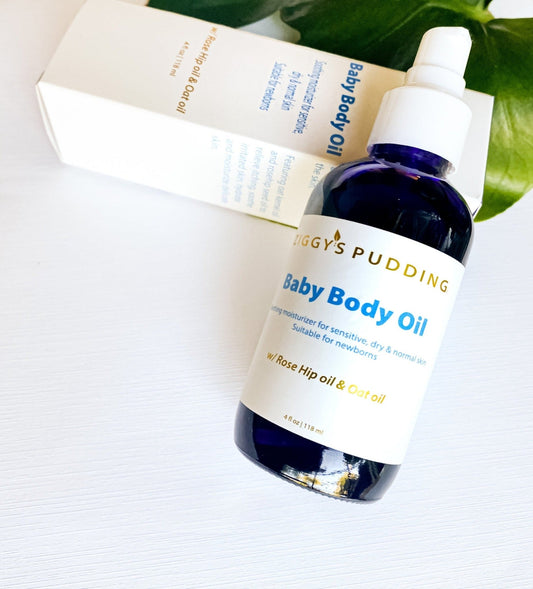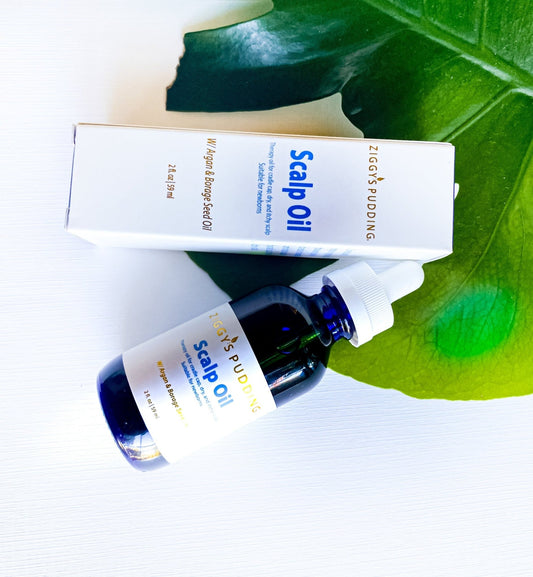Eczema is an inflammatory condition of the skin that shows up as itchy, and red or brown patches of skin. It unfortunately has no known cause, but researchers have discovered some triggers.
As we all know, people with a personal or family history of hay fever and asthma are more likely to develop eczema, but did you know some foods can also trigger eczema?
When Ziggy started experiencing eczema, I discovered that food could be a trigger. According to the Asthma and Allergy foundation of America, certain foods can trigger eczema flare-ups and symptoms.
What foods can trigger eczema?

- Milk products & milk protein
- Eggs
- Fish
- Wheat (gluten)
- Soy
- Peanuts
- Tree nuts
As for Ziggy, he was sensitive to tomatoes, bananas, gelatin, wheat, fish, and corn. Although triggers are not a cause, in my experience, they have been the factor that started an outbreak or made an existing eczema outbreak worse.
How do you find eczema triggers?
Triggers can be hard to figure out, especially since eczema symptoms that are started by a food may not show up until a few days after your baby has been exposed to the food.
Working with a healthcare provider is instrumental in quickly discovering the food triggers of your baby’s eczema.
Here are some ways to find the triggers:
Elimination diets: This can be helpful when well executed. It’s helpful to eliminate one food group at a time to have a clear idea of what food may be triggering your baby’s eczema.
Skin testing: Done by an allergist, where the doctor can use the suspected food and perform a skin scratching test to see if there is swelling at the site, which could determine an allergic reaction. However, this method is not always accurate.
Blood tests: This has to be a specific type of blood tests that focuses on IgE antibodies (RAST — a radioallergosorbent test) which help specify a substance that your baby or you could be allergic to.
Finding triggers requires you to be patient and to do some serious detective work.
- While you are going through the process, use a method that makes sense for you and your baby. For instance, don’t remove all the food groups at once, as it will be difficult to find the true trigger and you may leave your baby nutrient deficient.
- Sometimes, your children are sensitive to foods that you consume regularly and that can be so difficult to deal with. If you are eliminating a major food source, find a suitable substitute that can supply the minerals, vitamins and nutrients your baby needs.
- Use a food journal to stay organized and on track of your elimination efforts and your baby’s reaction.
- After some time, along with your healthcare provider, try some food challenges. You can reintroduce one food group at a time and study your baby to see if they develop an eczema flare up or reaction.
- Again, don’t rush to eliminate food groups because of a skin or blood test. In my experience, I found that some foods would trigger an eczema flare up, while other foods Ziggy was sensitive to did not. Therefore, a journal is so important.
It’s also important to continue other treatments as well, such as moisturizing the skin often throughout the day, and continue to stay away from other irritants such as dust mites, certain detergents, dyes, pollen and pet dander as well.
I have found that moisturizing the skin often and finding the triggers has been helpful in decreasing the amount of eczema outbreaks and also decreasing the time it takes for an outbreak to resolve.
If you found this helpful, leave a comment. Also check out our collection of products created to help you manage your eczema symptoms, naturally and toxin free.
Sources:
American Academy of Allergy, Asthma, and Immunology: "Skin Allergy Overview."
American College of Allergy, Asthma, & Immunology: "Eczema in Children."
Asthma and Allergy Foundation of America: "Atopic Dermatitis (Eczema)," "Food Allergies."





